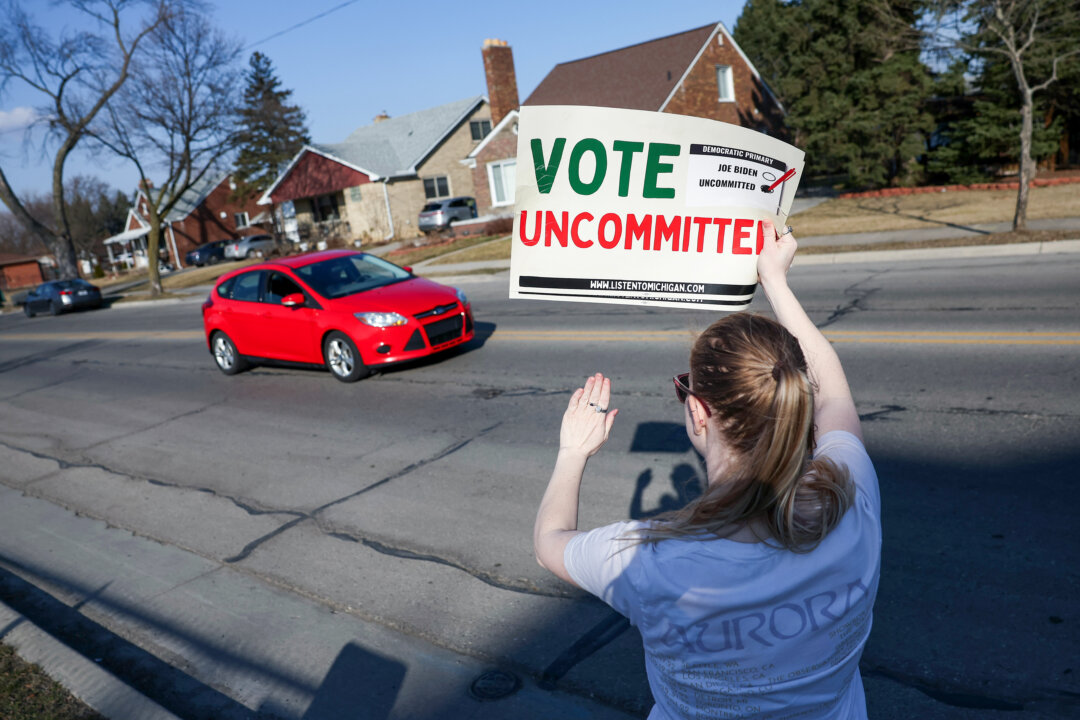
Sept. 15 The building in the photograph accompanying Toronto architect Eric Rodrigues’ article, at 165 Spadina Avenue and 378 Queen Street West served many purposes during its 120-year existence. In the 1970s it was the “hot bed” of tenant rights in Toronto — home of the offices of Metro Tenants Legal Services, the Federation of Metro Tenants, Downtown Action and a host of young law reform activist lawyers.
I had the honour of working there at a formative stage in my career as a housing advocate and tenant organizer. Rodrigues is absolutely right on the need for the city to do a much better job than simply preserving the facades of buildings. Toronto must take bolder action to preserve our built heritage — which represents our collective accomplishments and forms an important part of Toronto’s identity.

This year’s Toronto International Film Festival wrapped on Sunday, an undiluted success after the unavoidable restraint of the past few years. Ordinarily at this point I begin looking forward to the next cinema smorgasbord on my calendar, the annual Hot Docs Festival in April-May. But given the financial and organizational catastrophe currently afflicting Canada’s biggest documentary showcase, I’m afraid that to do so might count as wishful thinking.
The best way to ensure the survival of Hot Docs is by its members and supporters pushing for a takeover by TIFF. Cut loose anyone with even a whiff of toxicity and hand TIFF CEO Cameron Bailey and TIFF Docs programmer Thom Powers the keys. Surely no one at Hot Docs wants to hear this, but it’s an obvious solution.
The two organizations are longtime partners. Hot Docs hosts screenings at the TIFF Lightbox during its festival in the spring; until recently TIFF used the Hot Docs Ted Rogers Cinema each September. Rebranding the yearly doc fest as TIFF Hot Docs makes all sorts of sense; ditto TIFF’s documentary offerings.
The move would strengthen TIFF’s bold plan to establish a content market in time for its 51st year in 2026. What to do about the Hot Docs Cinema? Continue to use it for festival and year-round documentary screenings, while transforming it into an educational and community hub. We might not have a documentary festival to look forward to otherwise.
It would be useful to know the nature of the “significant threats” TIFF says were made to stop the showing of “Russians at War.” If they are specific threats of harm such as bomb threats, police should try to identify the culprits and arrest them. If it is simply a large demonstration by Ukrainian Canadians and their allies, that should not have stopped the screening.
I don’t think that such a demonstration would have tried to obstruct the entrance of any guests to the screening but if so it could have been dealt with by the police and marshals provided by the organizers. I cannot comment on the movie itself because I have not seen it. Politicians and journalists often feel compelled to comment on things they have not seen.
As a private citizen, I can avoid that risk. I have read accounts of German medical students who were drafted to serve as medics on the Eastern Front during the Second World War. They were not even remotely pro-German or pro-Nazi.
Telling a story from the perspective of the invader can sometimes be quite critical of the invader. , Sept. 11 I couldn’t agree more with Matthew Marosszeky’s letter on Sept.
12. It is exactly what I am feeling and also frustrated at all the negativity in the paper. So many people when asked why they dislike Prime Minister Justin Trudeau so much cannot say.
It seems it has become the “in thing.” How about some positive stories about what he has done for Canada, instead of negative ones. It would be so refreshing.
” ,” Sept. 15 I would like to clarify some of the words used in this article about genocide in Rwanda. The genocide in 1994 was not a general conflict involving all Rwandans, but rather a systematic and deliberate extermination of the Tutsi ethnic group.
More than one million Tutsi were murdered by Hutu extremists in the span of approximately 100 days. By calling it the “Rwanda genocide,” the article obscures this specific ethnic targeting and risks diluting the gravity of the atrocity. It is important to recognize that, in line with historical and legal standards, genocides are typically named after the group that was targeted.
For instance, the Holocaust refers to the genocide against Jews, and the Armenian Genocide acknowledges the targeted extermination of Armenians. The appropriate term for the 1994 event is the “Genocide Against the Tutsi,” following this convention. Referring to it simply as the “Rwanda genocide” diminishes the understanding that this was an organized act of ethnic cleansing, specifically aimed at one group.
Moreover, referring to it as the “Rwanda genocide” implies that all Rwandans or ethnic groups were equally complicit or victimized, which distorts the historical reality. While some moderate Hutus who opposed the genocide were also targeted, the violence was overwhelmingly directed at the Tutsi population. This fact is crucial for an accurate understanding of the event.
, Sept. 16 Shawn Micallef asked for bold moves and in response, here is my suggestion. Prohibit left turns at all intersections (three right turns one block in advance equals a left turn).
Institute scramble crossings for pedestrian and bicycle traffic and ensure pedestrians and bicycles do not cross intersections at all other times of the light cycle. This frees streetcars from being blocked by left turning vehicles that are blocked by pedestrians crossing and cars and trucks aren’t stuck awaiting pedestrians to clear before turning right. This would speed up both transit vehicles and vehicular traffic, easing everyone’s frustrations.
While I realized the Liberal government weakened the Auditor General’s oversight on political advertising, the Ford government is going overboard flooding the airwaves with self promotion. We get at least five TV ads and five radio ads daily on just one television station and radio station repeating how lucky we are to be living in Ontario. In reviewing the Auditor General ‘s reports, 90 per cent of these ads would have been eliminated under previous rules.
This money and the money wasted spreading alcohol sales should be spent improving health care and other economic issues to benefit taxpayers instead of squandering it on self promotion..














